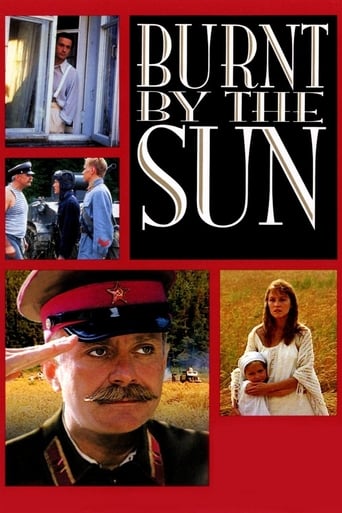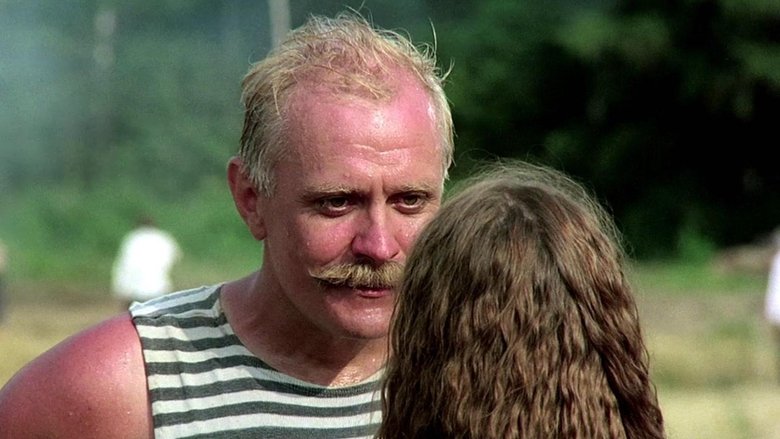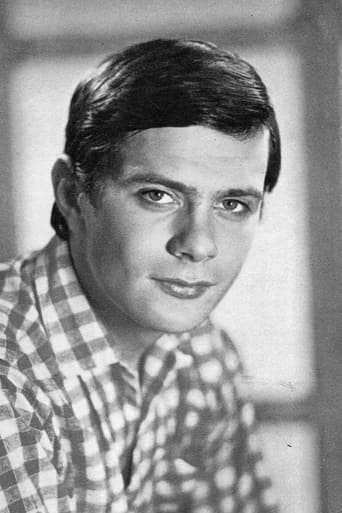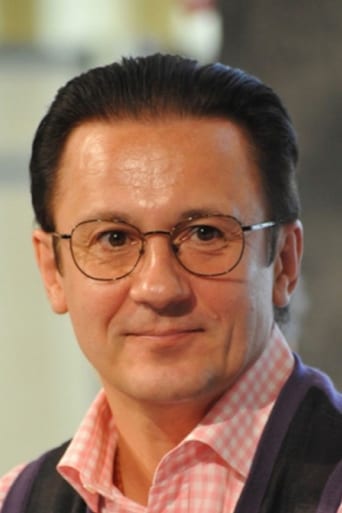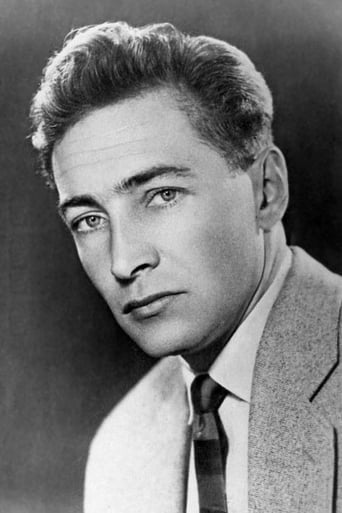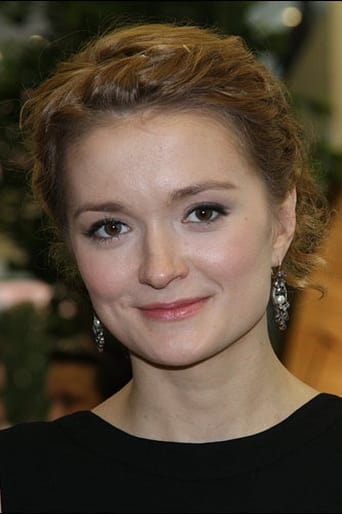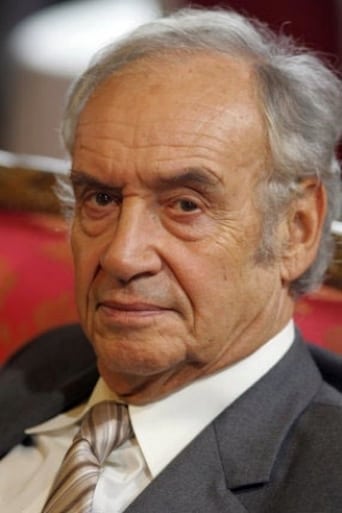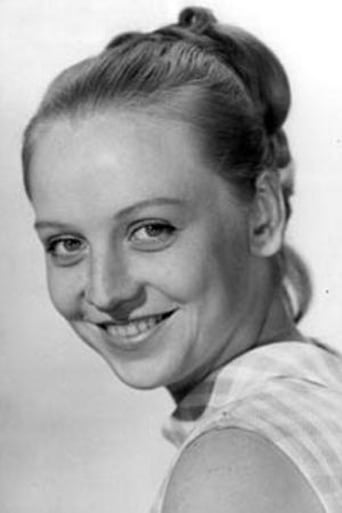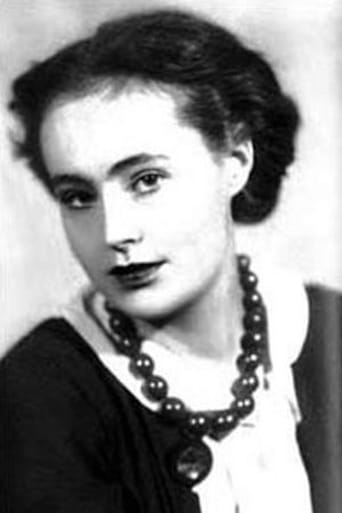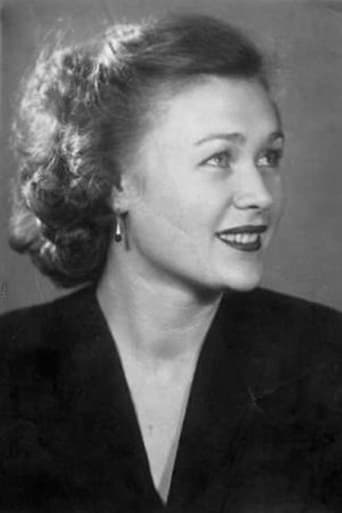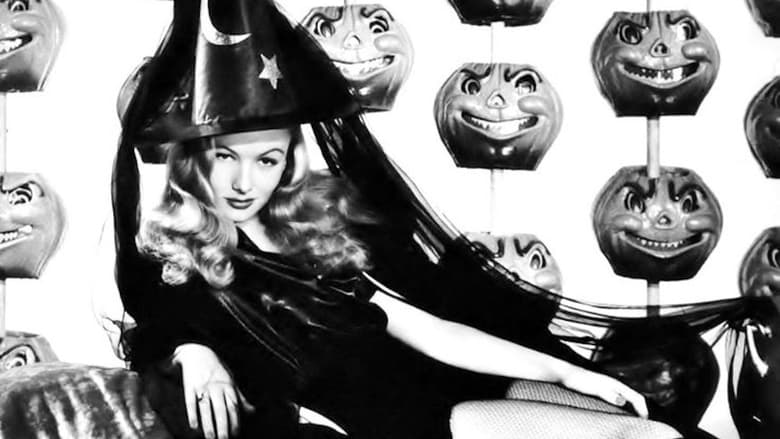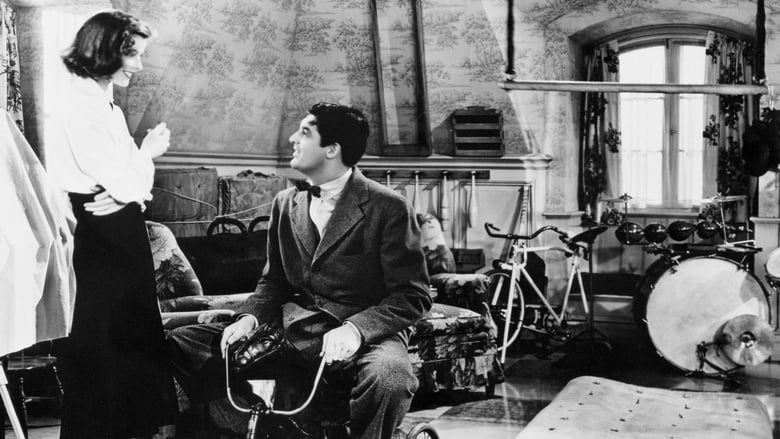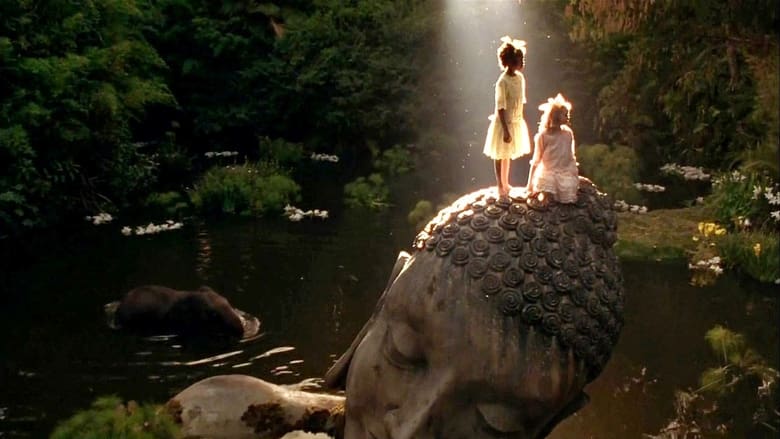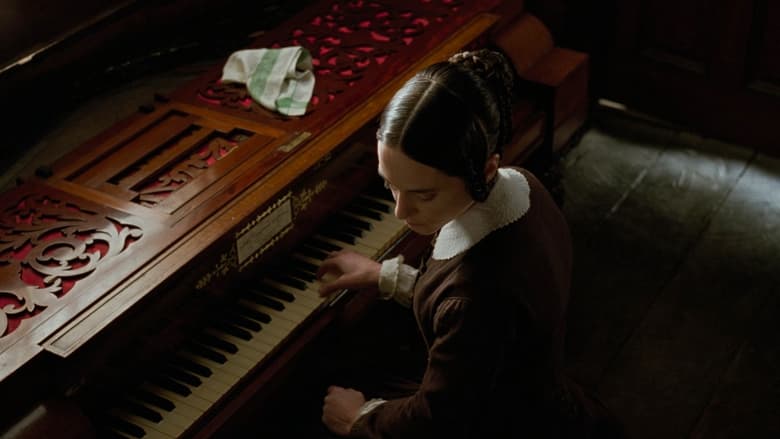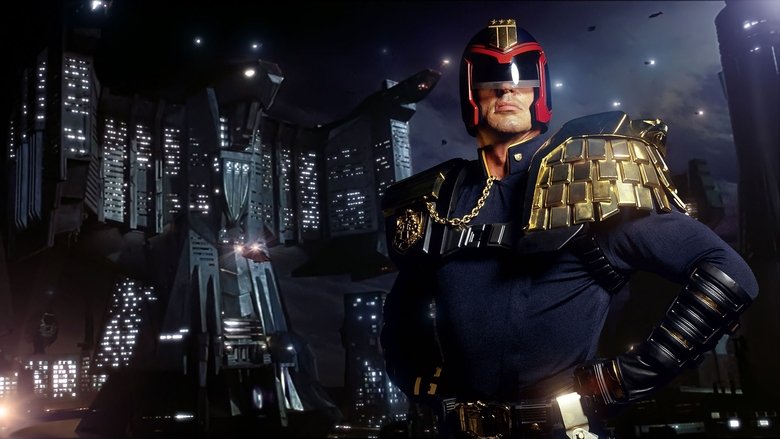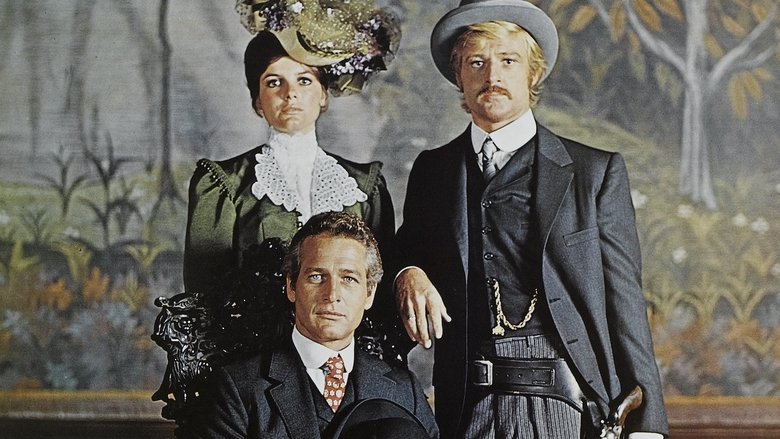Russia, 1936: revolutionary hero Colonel Kotov is spending an idyllic summer in his dacha with his young wife and six-year-old daughter Nadia and other assorted family and friends. Things change dramatically with the unheralded arrival of Cousin Dmitri from Moscow, who charms the women and little Nadia with his games and pianistic bravura. But Kotov isn't fooled: this is the time of Stalin's repression, with telephone calls in the middle of the night spelling doom - and he knows that Dmitri isn't paying a social call...


Similar titles

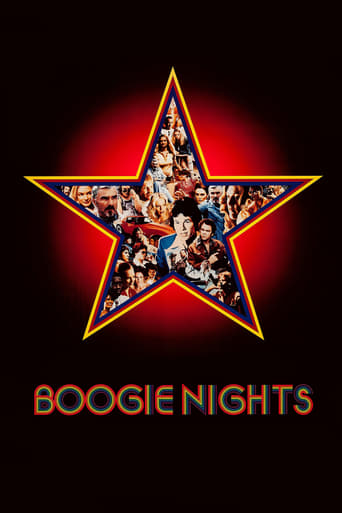
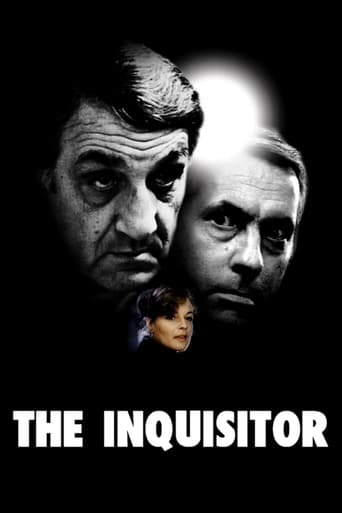

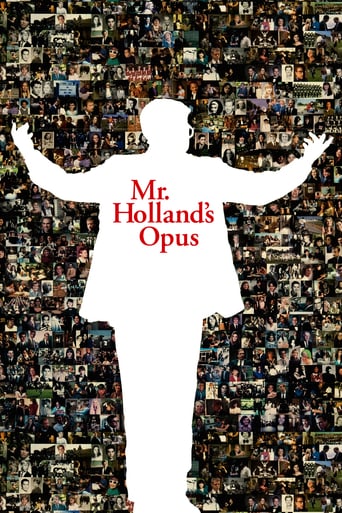
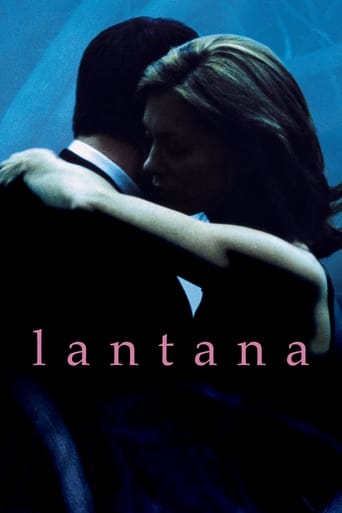
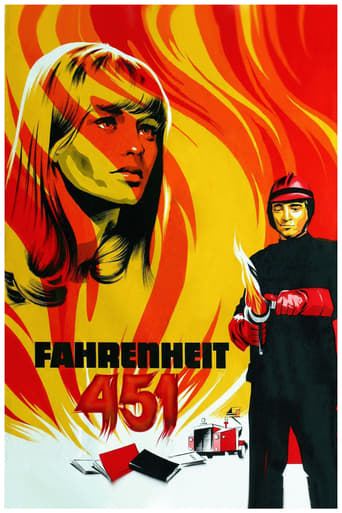

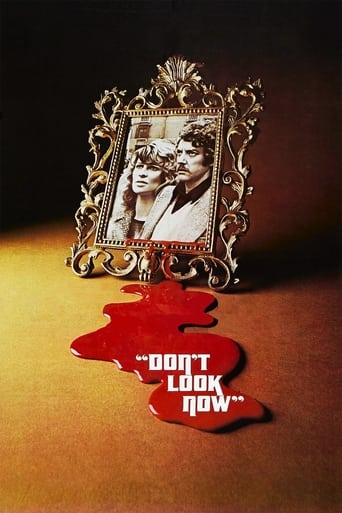

Reviews
I must preface this review by explaining that I am not really a history person, I do not take that much interest in politics, I certainly do not claim to know very much about Russia, and I know even less about Stalin as a man. I do, however, have an affinity to heartfelt emotional scenes and character centered stories. That being said, "Burnt by the Sun" was a rather slow, but not entirely unlikeable film. Until the last approximately thirty minutes, where I felt it really shined. Pun intended. Nikita Mikhalkov was not only the director of this film, but also the writer and lead actor. He played Colonel Kostov, a lovable man from start to finish. Kostov's daughter is named Nadia, played by none other than the aforementioned director's real life daughter Nadia. This, of course, explains the phenomenal chemistry between on screen father and daughter. Upon learning this, rather than being disappointed that the performances were not so based solely on their own merit, I felt even more appreciation for the film. Somehow, the fact that they were really father and daughter; that Mikhalov says that he "decided to play this role for the unique reason of helping the performance of my daughter... Nadia revealed herself to be an amazing acting partner"(http://www.sonyclassics.com/burntbysun/misc/interview.html); that he held her on his shoulders as he accepted his Academy Award, had me wishing I could grade this film based solely on the relationship between father and daughter, both on and off screen, especially as shown in choice scenes. One memorable scene is father talking innocently about what he wants for his daughter on a seemingly ordinary boat ride. Another shows young Nadia fixing her hair and face in the black car's hood before approaching the men who will be responsible for her father's end with heart wrenching kindness, asking them how they are and offering them cakes. I wanted to shake some sense into her. Another shows Kostov raising his daughter into the air and swinging his wife around as those same men watch nearby, posed and ready to chase him, but slightly guiltily stepping back when they realize it is only a gesture of his love rather than an escape attempt. The symbolism here is, in many cases, overly overt and obvious. The random fireballs across the sky that symbolize Stalin's sudden and arbitrary violence (incongruous to the film's flow in my opinion), the forever lost truck driver that reappears throughout the film to represent the Russian peasant who has lost his way (supposed to be funny, but feels more distracting and unnecessary), the perfectly timed oversized poster of Stalin's face rising into the air, held by a beautiful hot air balloon and bordered in a bright red (coinciding with the execution of Kostov and expected patriotic soundtrack). At least there feels like there is some fairness by the film's end. Sadly, this is only in written epilogue film. I would not even call it a good one, only a realistic one. From what I have read, more historically realistic than the rest of the film.
Burnt by the Sun is a fantastically made film, focusing on the injustices of Stalin. It details the arrest of a Russian Civil War veteran, Sergei Petrovich Kotov.At 135 minutes, some will say that the movie runs long but I disagree. While the plot does not really begin until the second half, the extra time is not wasted on viewers. We see much of Kotov, his family, and are made that much more sad when his fate is revealed.The characters are all incredibly interesting and well-developed. We learn much about Kotov, Nadya, and Mitya. The latter is especially interesting. We can see immediately that there is something wrong with Mitya and do not trust him. Then, when he and Kotov pretend to be friends around Nadya, we begin to feel he is not that bad of a character, and that the movie might end well (I did, at least). But finally, when he kills the lost farmer and salutes the image of Stalin (one of my favorite moments), we realize Mitya is gone.However, given everything that the film does to show cruelty, I was surprised by how tame it made certain scenes. The lost farmer is shot off screen, as is Kotov death. At first glance, this seems unnecessary. Why not show their deaths in full force? In the end though, I think the director made the right decision. There are some scenes that, no matter how powerful they are, will not live up to people's expectations. It was better to leave these moments off-screen so that the audience can imagine them as they see fit. It seems like these scenes are only revealed to the viewer when there was no other choice (like the balloon carrying the image of Stalin). This way, the movie tells as much of the story as it has to and leaves the rest to the audience. I enjoyed it.
When an old friend shows up at a family in Russia in 1936, at the very beginning of the great terror of the people by the Communist regime, it costs them their happiness. Eventually. Really, almost all of this is just steeped in that glee. A solid hour of this passes with nothing at all happening. And not much does take place after that. I have no problem with character development, but this has far too many roles for us to remember even half of them, and it doesn't seem like it's important, other than to emphasize that they are, well, all there, and all in a good mood. And this has a lot of "noise", with singing, cheering and in general, you can hear something much of the time. This is filmed well, and the acting tends to be convincing. It shows what it was like back then, if it is a tad, well, covered in a sugary glaze considering what it's about. Charm? Sure. This does have occasional compelling imagery, as well. I suppose that this is like other movies from France, but I know that they can look straight in the eye of something negative, also, and I think it would have fit better to do so here, as well. There is sexuality, language and bloody, disturbing violence(mostly not shown) in this. I recommend this to, well, fans of this kind of thing. 7/10
The events shown in the movie are true. Those who are not Russian i.e. do not live in Russia and do not know the subject well, may rate this movie highly. Let them do this, it's not their fault. They do not know the subject well and anything about the movie director and the environment he was brought up in. They do not know anything of the family that he was born in and brought up as well. All his "masterpieces" created after the Perestroika are 100% show off and conjuncture and considered for the European/American audience; however this fact is clear to mostly Russian audience only. Hopefully, this will be recognized by everybody in the world one day.
